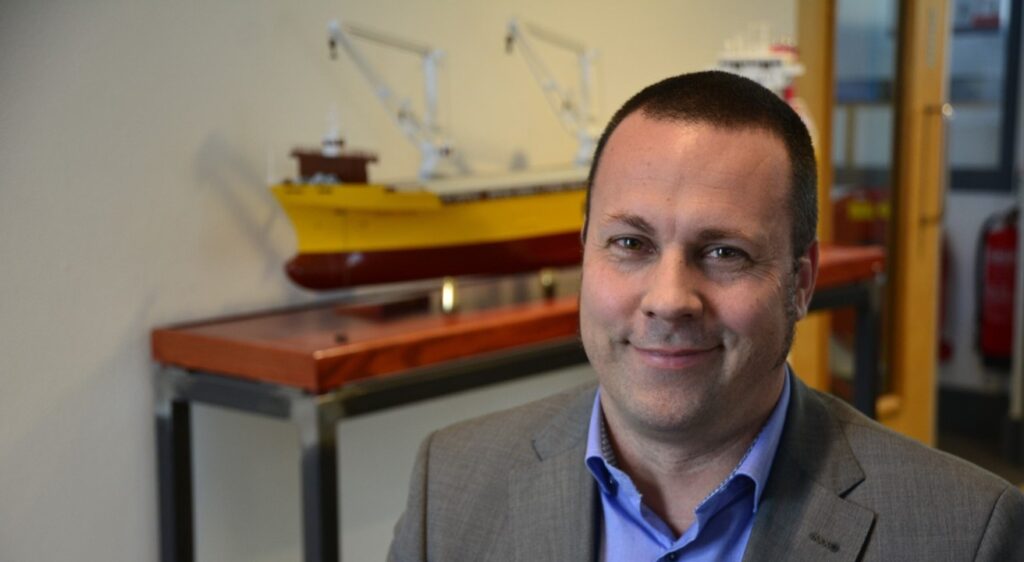For over ten years, Jeroen Pruyn has been using science to promote more sustainable shipping. A researcher at TU Delft since 2004, he earned his PhD there in 2013, specializing in maritime transport economics. Today, he leads a research group dedicated to the maritime sector’s sustainable transition, addressing both alternative fuels and circularity in ship design and operation.
An academic perspective on the maritime sector
TU Delft, where he is based, is one of the three major engineering universities in the Netherlands and the only one in the Benelux to host a group specifically focused on maritime engineering and design. This unique position allows Jeroen to explore the sector’s significant technical challenges with a systemic outlook and academic rigor.
Academic Insights Driving Innovation in CirclesOfLife
As part of the CirclesOfLife project, he plays a central role by contributing to the theoretical and methodological foundations of several key tools: the SEPI (Ship Environmental Performance Index), the Ship Circular Materials Passport (SCMP), and the Ship Lifecycle Passport (SLP). To do this, he draws on findings from previous research and aligns them with the project’s objectives. He is currently drafting a white paper on SEPI, based on the work carried out in Work Package 1 (WP1).
The work done in WP1 has laid the conceptual groundwork for SEPI. The project is now entering a crucial phase: precisely defining the tool’s parameters. “The framework is clear, but as always, the devil is in the details,” explains Jeroen. One of the major challenges lies in the correlation between the maturity level of the projects being assessed and the accuracy of the data available. Not all aspects of environmental impact require the same level of granularity to be meaningful. Finding the right trade-offs will make SEPI a robust, credible, and distinctive tool.
Network for educational collaboration
In addition, Jeroen also holds a position at the Rotterdam University of Applied Sciences, which enables him to build bridges between CirclesOfLife and other ongoing projects — for instance, those focused on blockchain-based material passports or resource circularity. Through these connections, he enriches the project with complementary work and external networks active in applied research.
A shared ambition across all phases of the ship’s lifecycle
Being at the intersection of several research initiatives, including CirclesOfLife, Jeroen brings a vision that is both comprehensive and grounded in real-world challenges. “Some projects are more rooted in mathematical theory. CirclesOfLife, on the other hand, is more closely aligned with regulatory developments and the concrete constraints faced by shipyards,” he explains. What unites these various approaches is a shared ambition: to model the key stages of a ship’s life cycle and to associate them with KPIs that serve as strategic decision-making tools — from design to end-of-life, including construction, maintenance, and the critical issue of material circularity during dry-docking periods.



